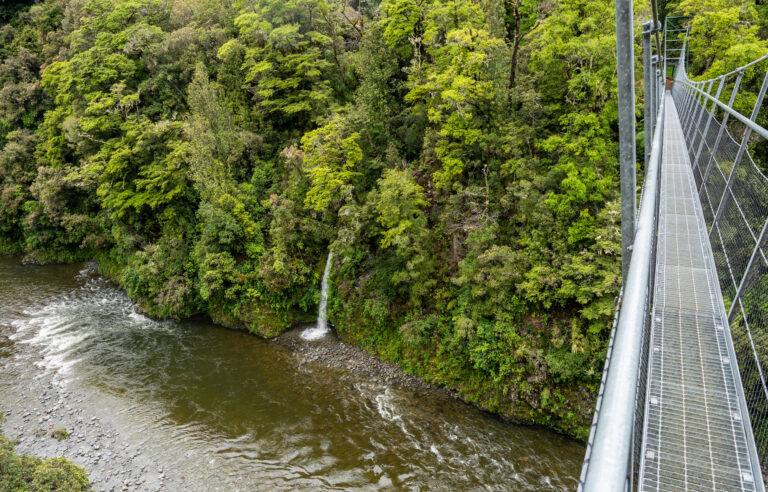So, you’ve got a great business idea, maybe it’s a boutique shop on High Street, a mobile food trailer, or an eco-tourism venture just outside Carterton. Now what?
Before you dive in, you need a business plan.
Not a 40-page thesis, just a clear, confident roadmap that tells you (and others) what you’re doing, why, and how you’ll succeed.
Here’s a no-fuss guide to writing a business plan from scratch, the same way many GoCarterton members have done, one practical step at a time.
Why You Need a Business Plan
- Keeps you focused and organised
- Helps when applying for grants, loans, or support
- Gives confidence when pitching or partnering
- Forces you to think through the tricky stuff (before it’s urgent)
Even if you’re not seeking funding, a plan helps you run your business better.
7 Simple Sections of a Great Business Plan
1. Executive Summary
A short overview of your business idea — what you do, who for, and why now.
Example: Star Safari is a stargazing experience based in Carterton, offering immersive tours of the night sky, educational programmes, school visits, and a unique Dark Sky Business Capability Course that teaches local businesses how to leverage the Wairarapa Dark Sky Reserve to their advantage.“
2. Business Goals
Be specific. What do you want to achieve in the next 6–12 months?
- Launch by [date]
- Reach $X in sales
- Hire your first team member
- Get featured in local media
Keep it realistic, but ambitious.
3. Target Market
Who are your ideal customers?
- Age, lifestyle, location
- Their key needs or problems
- Where they hang out (online and offline)
“Our audience is 30–50-year-olds from Wellington looking for weekend getaways with eco-conscious values.”
4. Products or Services
What are you actually selling, and how will it be delivered?
- Be clear about your offer
- Include pricing if known
- Describe how people will find, book, or buy
5. Marketing Strategy
How will you reach your audience?
- Website, social media, flyers, local markets, partnerships?
- Will you run any promotions or events?
“We’ll launch with a locals-only preview tour and a feature in the Carterton Crier.”
6. Financials
You don’t need fancy spreadsheets, just cover the basics:
- Startup costs
- Monthly expenses
- How much you need to break even
- Pricing strategy
Tip: Use Xero or a simple budget template to track costs.
7. About You (and the Team)
Why are you the right person to lead this business?
- Your experience or passion
- Local knowledge or networks
- Any advisors, co-founders, or mentors
Bonus Section (Optional but Useful): Risk & Mitigation
What could go wrong, and what’s your plan?
- If tourism slows → pivot to local market
- If supplier costs rise → explore bulk buying
Free Tools to Help You Get Started
- Business.govt.nz Business Plan Template
- Canva Business Plan Presentation Templates
- [GoCarterton Mentoring Programme] (ask us!)
🚀 Ready to Get Started?
A business plan doesn’t have to be perfect, just useful. Start with a one-page version, then grow it as you go.
Need help reviewing your plan or pitching it to funders? GoCarterton is here to support you.
📄 [Download Our 1-Page Business Plan Template]
📆 [Book a Mentor Session]
🧭 [Join GoCarterton]



